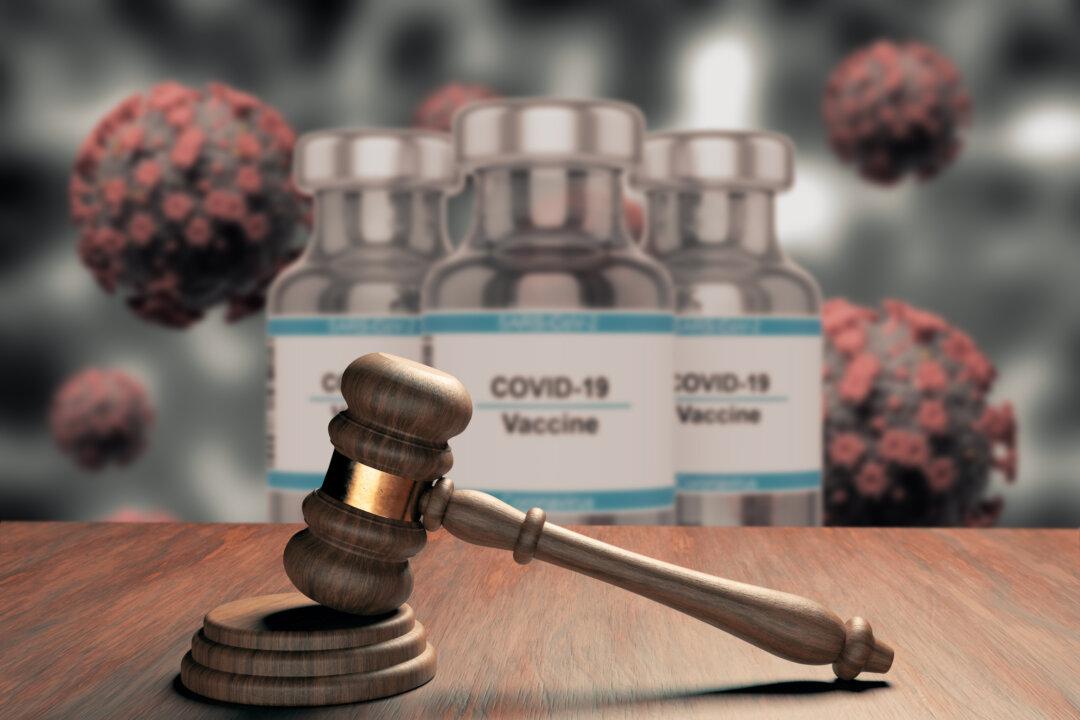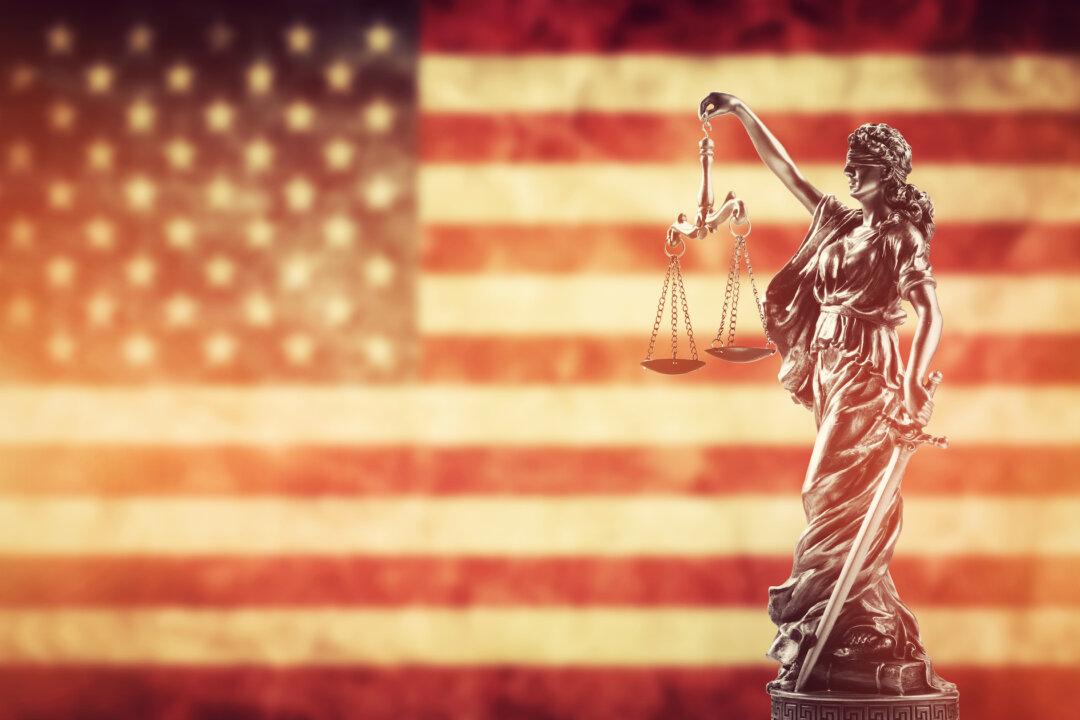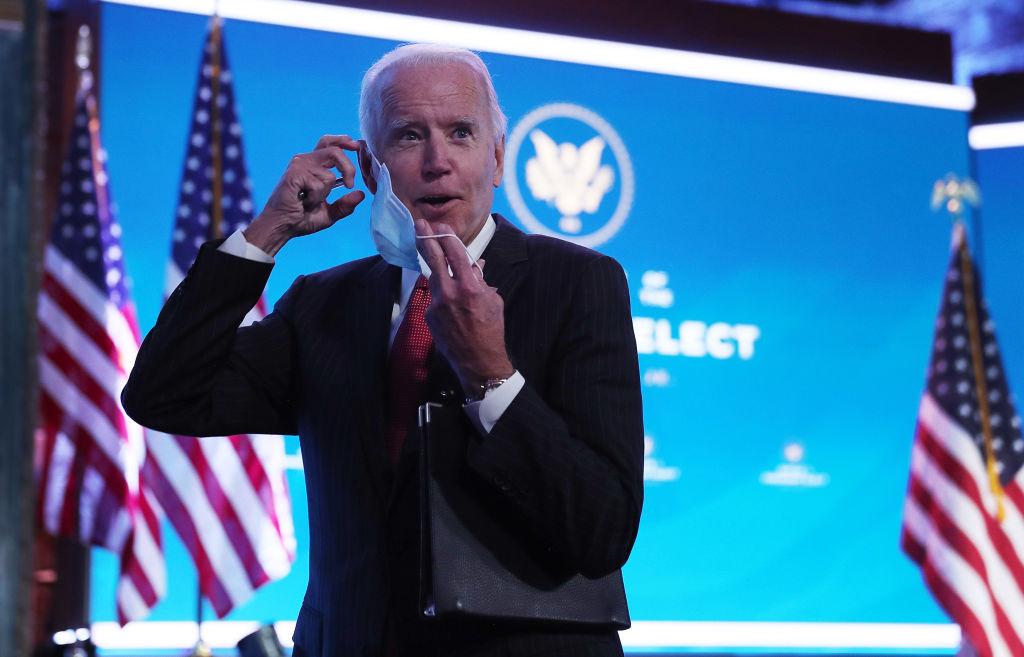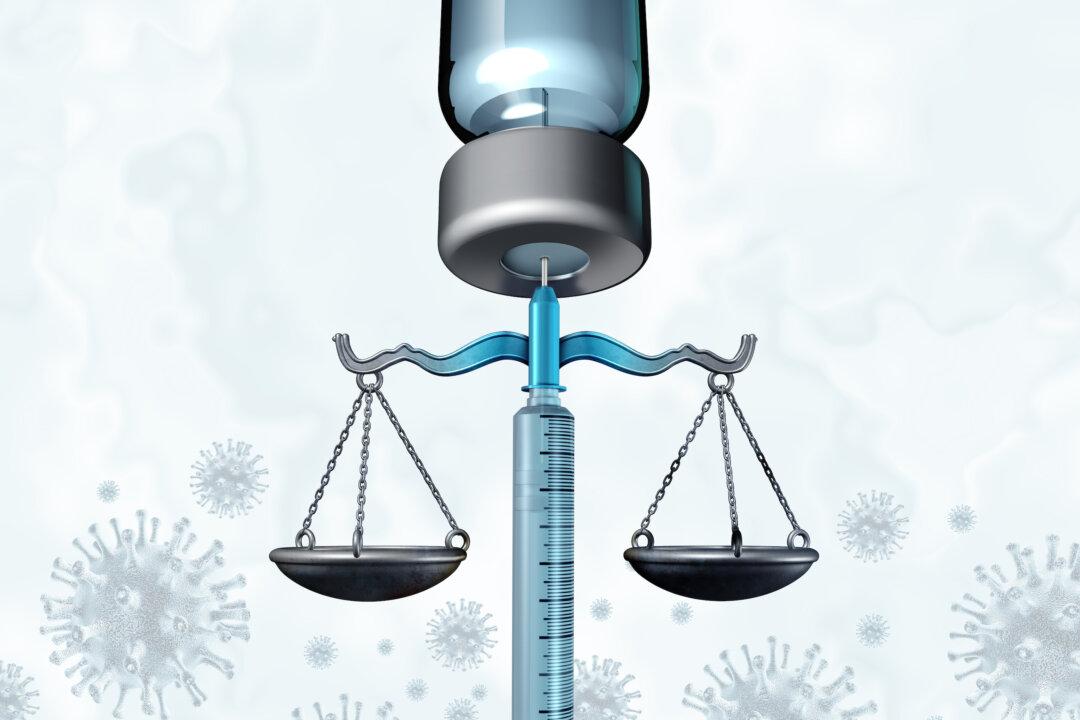Moderna yesterday filed patent infringement lawsuits against Pfizer and BioNTech, alleging the two companies copied Moderna’s patented mRNA technology. However, in an interview with The Defender, Dr. Robert Malone said the patents are derived from his own work on mRNA technology and they are now expired.
This article was originally published by The Defender - Children’s Health Defense’s News & Views WebsiteMichael Nevradakis, Ph.D., is an independent journalist and researcher based in Athens, Greece. He completed his Ph.D. in media studies at the University of Texas in 2018 and holds a master's degree in public policy from Stony Brook University.
Author’s Selected Articles





